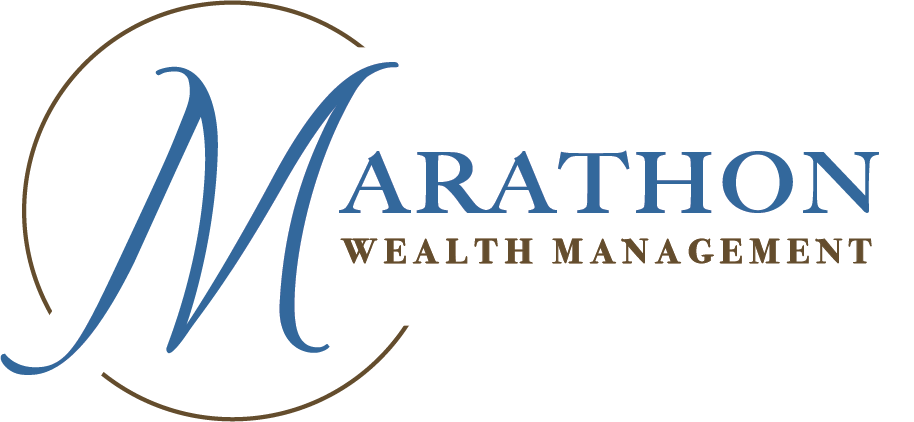Four Ideas for Greater Returns on Your Cash
Cash is an essential asset in every person's financial life. Cash pays our bills, protects us from unexpected expenses, and helps us sleep well at night. In 2022, cash was one of the few asset classes that saw positive returns, and as interest rates continue to rise, proactively managing your cash can lead to greater returns. There are various options for managing your cash, from bank savings accounts and Certificates of Deposits to custodians' cash sweep accounts.
Four ideas for Greater Returns
1. Visit https://www.bankrate.com to find the best rates being paid on CDs. Compare these rates to your current bank or credit union's offerings, and consider switching banks to take advantage of higher interest.
2. Consider sweeping the cash generated from your stock dividends or bond interest into a money market fund. Most brokerage firms offer a variety of money market mutual funds. Money markets are highly liquid, and their main objective is to keep your dollar worth a dollar. Some are currently paying yields as high as 4%.*
3. Talk with your financial advisor or discount brokerage firm about building a short-term CD or Bond ladder. Rates on some 3–12-month CDs and Treasuries are above 4%.
4. If you don’t have the time to do the research at your current bank or brokerage firm, consider using a cash management tool like MaxMyInterest or Flourish Cash These apps will keep an eye out for the best rates at your current bank and propose how to move your money to the highest-yielding account each month.
Is Your Cash Insured?
An essential element to actively managing your cash is ensuring you remain within the insurance limits provided by your bank and brokerage firms. Banks provide FDIC insurance, and brokerage firms provide SIPC.
FDIC insurance covers up to $250,000 in total value per customer at your bank. For example, if you have $100,000 in your checking account and $150,000 in your savings, all at the same bank, you may have hit your FDIC deposit limit; therefore, every additional cent deposited into either account would be uninsured. (https://www.capitalone.com/bank/money-management/banking-basics/fdic-insurance-limits/)
To help determine your coverage limits, The FDIC offers an online tool called EDIE, the Estimator.
SIPC is provided by brokerage firms and covers up to $500,000. SPIC is insurance for when a brokerage firm goes out of business. It does NOT insure against investment loss. For more info, visit https://www.sipc.org/for-investors/what-sipc-protects.
Need Help?
If you want help in proactively managing your cash for greater returns, please reach out to me at melinda@marathonwealthmgt.com.
